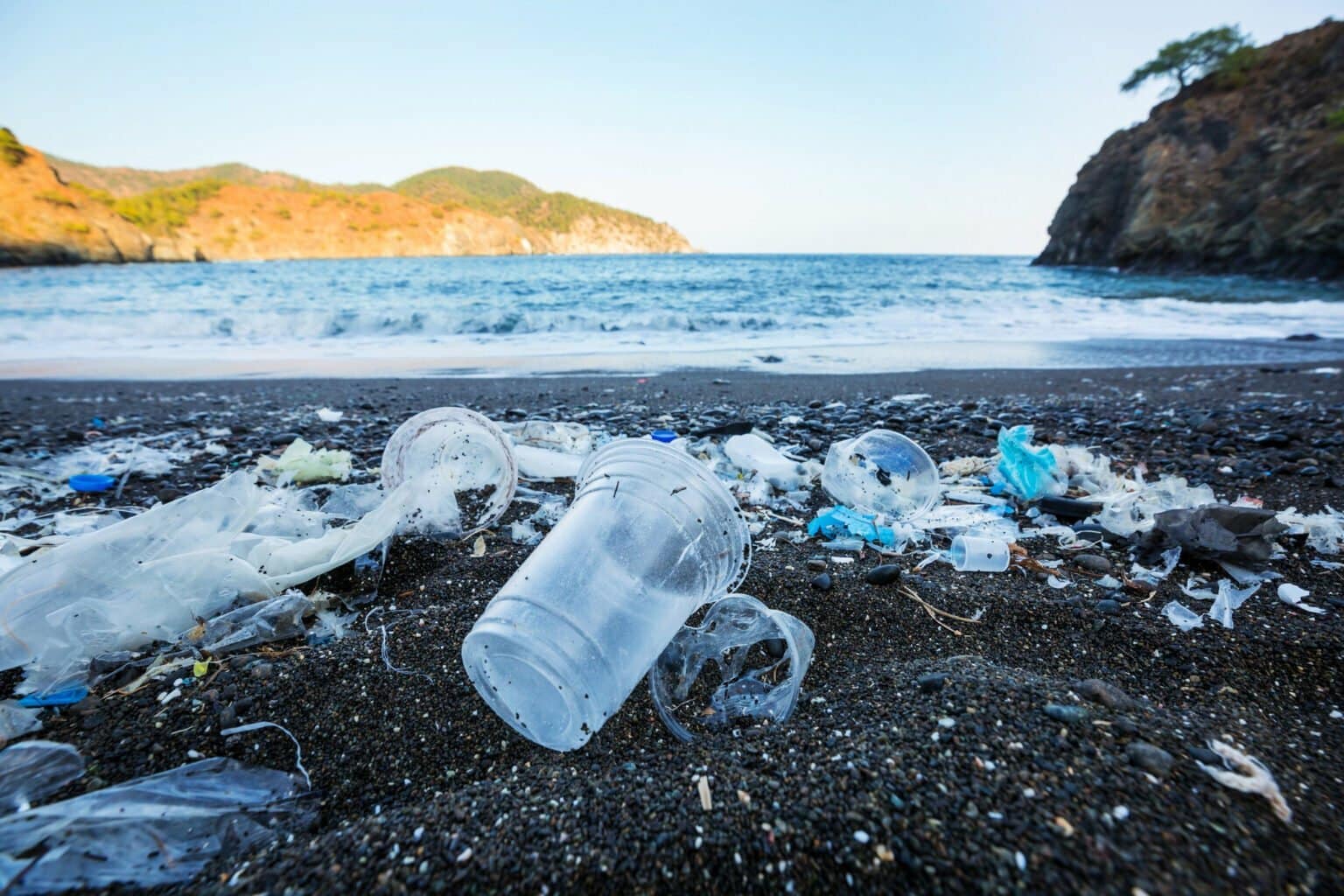A ground-breaking study published in the open-access journal PLOS ONE, reveals that ocean plastic pollution has rapidly increased since 2005, and we’re now seeing an estimated 82–358 trillion plastic particles afloat in the ocean’s surface layer, weighing anywhere between 1.1–4.9 million tons.
This data was collected from a global dataset of ocean plastic pollution between 1979 and 2019 from 11,777 stations across six marine regions, including the North Atlantic, South Atlantic, North Pacific, South Pacific, Indian, and Mediterranean. The findings indicate that the North Pacific and Atlantic oceans contain the highest amounts of plastic pollution globally.
Most notably, the authors’ model showed a significant and rapid increase since 2005 in the global ocean abundance of plastics in the ocean surface layer.
This study highlights the urgent need for policy changes to tackle this global problem. The researchers predict that without immediate and widespread policy intervention, the rate at which plastics enter our waters will increase approximately 2.6 times by 2040. Marcus Eriksen, co-founder and researcher from The 5 Gyres Institute, calls for a strong, legally binding UN Global Treaty on plastic pollution to stop the problem at its source.
- Advertisement -
“We’ve found an alarming trend of exponential growth of microplastics in the global ocean since the millennium, reaching over 170 trillion plastic particles,” Eriksen said. “This is a stark warning that we must act now at a global scale. We need a strong, legally binding UN Global Treaty on plastic pollution that stops the problem at the source.”

Governments must act now
Experts are strongly suggesting that governments take immediate action to tackle the colossal problem of plastic pollution in our oceans. This means using less plastic, setting up better systems for managing waste, and encouraging recycling and circular economy practices.
It’s not just a problem for marine life — it’s a problem for us too, with economic costs and potential health risks from ingesting microplastics.
A recent study published in the journal Science found that the predicted growth in ocean plastic waste far exceeds current efforts to mitigate the issue. The study authors concluded that in order to reduce ocean plastic pollution and emissions, “extraordinary efforts to transform the global plastics economy are needed.”
But thankfully, there are concerted efforts underway to address the urgent problem of plastic pollution in our oceans. Initiatives to reduce plastic use, improve waste management infrastructure, and promote recycling and circular economy practices are being implemented around the world.
For instance, many countries and cities have banned single-use plastics like plastic bags and straws. Recycling programs are being expanded and improved, and innovative technologies are being developed to transform plastic waste into valuable resources.
The United Nations recently launched the Decade of Ocean Science for Sustainable Development (UNESCO) from 2021 to 2030 to deepen our understanding of the ocean’s vital role in sustainable development, including tackling issues like plastic pollution. This initiative is a fantastic opportunity to promote international collaboration, knowledge-sharing among experts, and the development of effective strategies to protect our oceans and marine life.
The reality of it all
It’s heartening to see individuals, communities, and governments joining forces to tackle this issue head-on. By taking action to reduce plastic waste in our oceans, we can protect the natural world, support sustainable development, and safeguard our oceans for generations to come.
- Advertisement -
The Decade of Ocean Science for Sustainable Development is a critical platform for scientists and researchers to share their findings and insights, catalysing innovation and driving progress in the field of marine conservation. It also provides an opportunity for policymakers to work alongside the scientific community and make evidence-based decisions to protect our oceans.
“Scientific understanding of the ocean’s responses to pressures and management action is fundamental for sustainable development. Ocean observations and research are also essential to predict the consequences of change, design mitigation and guide adaptation,” according to UNESCO’s website.




